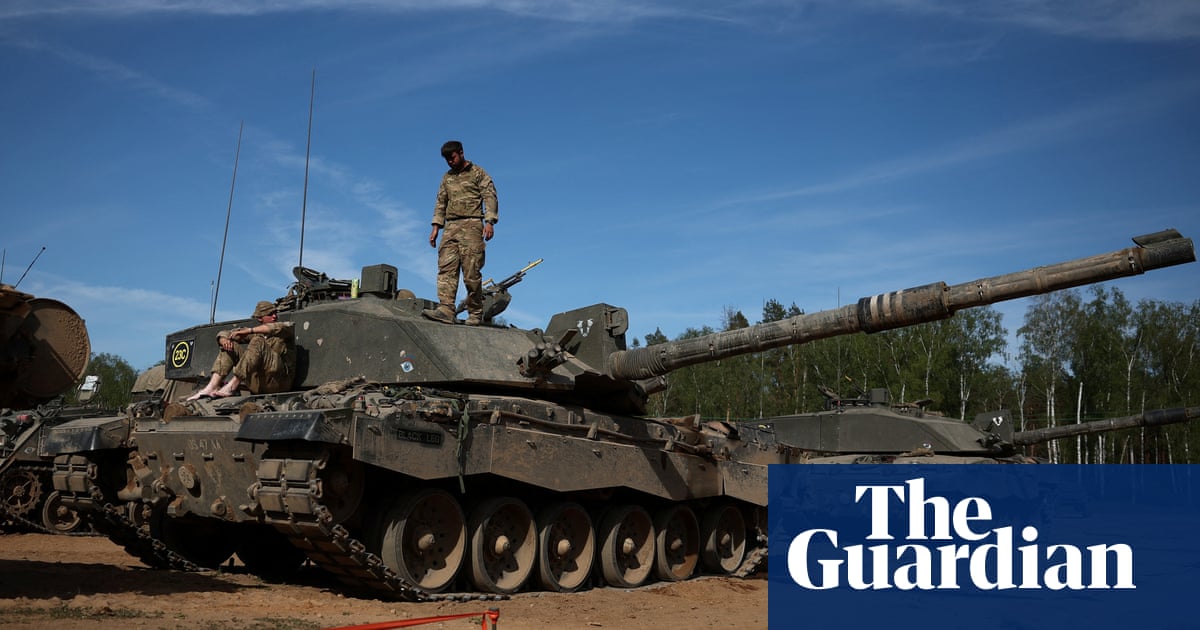European and Asian countries should form a “positive new alliance” based on shared principles, security, defence and trade, away from the battling superpowers of the US and China, Emmanuel Macron has said.
Addressing the Shangri-La security dialogue in Singapore on Friday, the French president said the division between the US and China was the biggest threat in the world right now, but he also warned of the threat from Russia and North Korea. He said it was crucial that allied nations act together to maintain credibility against aggressors.
“We are living in a time of crisis and need new ways of cooperating,” he said in the keynote speech. “Our key challenge is how to preserve peace and stability and prosperity in this current environment.
“We have a challenge of revisionist countries that want to impose – under the name of spheres of influence – spheres of coercion. Countries that want to control areas from the fringes of Europe to the archipelagos in the South China Sea … that want to appropriate resources, whether fishing or mineral, and crowd out others for their benefit.”
Macron warned against a “division between the two superpowers and an instruction to all the others that you have to choose a side”. He said: “If we do this we kill the global order … all the institutions created after the second world war to preserve peace.”
Macron’s pointed speech said France was and would remain a friend and ally of the US, but it did not want to be dependent, or affected “by the decisions of a single person”.
“We live in a time of the erosion of longtime alliances,” he said. “The sense that their promise might not be so ironclad is ushering in a new instability. We see it every day.”
However, he said the Trump administration’s request for other nations to take on more of the burden was a “fair” one and “we need Europeans to do much more for themselves”.
Sitting in the audience for Macron’s speech was the US defence secretary, Pete Hegseth, who in March accused Europe of being “pathetic” and “freeloading”, in a Signal chat with other Trump officials that was later published.
Macron’s speech also warned that the failures of Europe and the US to end the Ukraine war, as well as double standards over Gaza that gave Israel a “free pass”, risked destroying the west’s remaining credibility.
“What is at stake is the global order, and our credibility to protect the global order,” he said.
Macron’s speech doubled down on comments earlier in the day calling for European countries to “harden their collective position” on Israel if there are not improvements to the humanitarian situation in Gaza, where the UN has said the entire population is at risk of famine.
Israel accused Macron of a “crusade against the Jewish state” with his remarks. The defence minister, Israel Katz, said Israel vowed to build a “Jewish Israeli state” in the occupied West Bank, in a “clear message to Macron and his associates”.
The Shangri-La dialogue draws senior officials from governments and militaries around the world for three days of speeches, expert panels and closed-door discussions. Hegseth is scheduled to speak on Saturday.
Historically, the conference has hosted significant bilateral meetings, including one last year between Lloyd Austin, then the US defence secretary, and his Chinese counterpart, Dong Jun. However, this year Beijing sent just a single delegate, from the People’s Liberation Army National Defense University. It is the first time since 2019 that China has not sent its defence minister.
China-US relations have plummeted again since Trump took office this year, and many military-to-military channels have been suspended.
Some analysts have suggested Dong’s absence is a missed opportunity for China, which could use the conference to further strengthen ties with nations that are perhaps more suspicious of the US. Others have noted that at previous conferences China has been criticised on panel after panel.
Zhou Bo, a retired senior Chinese army colonel attending the conference, told the Guardian the absence was not unusual, as China had sent defence ministers only five times in the past.
Zhou said he did not know why China had sent a smaller delegation, but he dismissed rumours that the minister was embroiled in corruption investigations, noting that Dong was traveling overseas.
“Will the world change much because the Chinese defence minister will not come? Or are there not other occasions for China to talk about its own views? Yes, there are,” he said.










